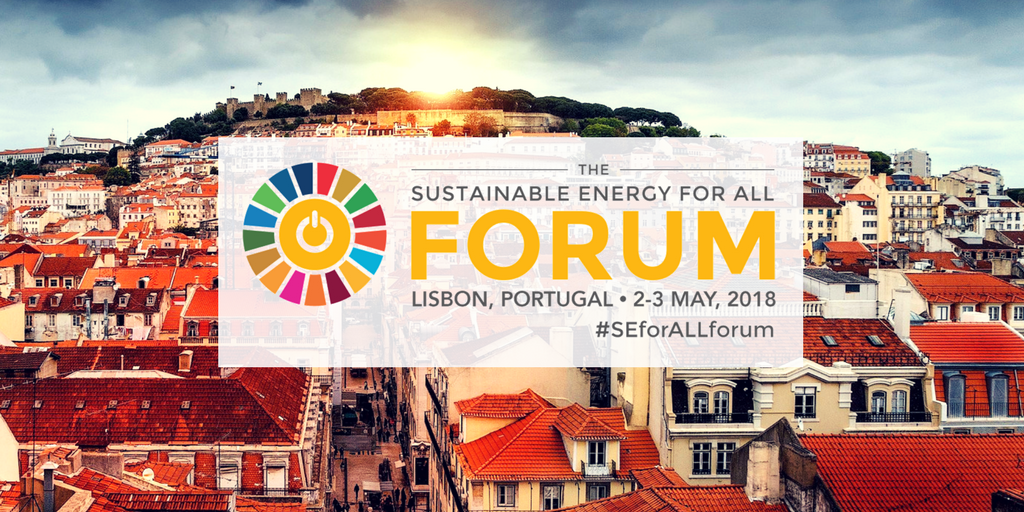By Watmore Makokoba
Renewable energy is not only about curbing global warming but more so, a means to end energy poverty. This was the rude awakening ignited in the recent Sustainable Energy for All Forum convened in Portugal, Lisbon.
According to the Energy Progress Report launched during the forum, 13% of the world’s population live without electricity with greatest impact on women and children, especially in poor communities.
“If current policies and population trends continue, as many as 674 million people will continue to live without electricity. Sub-Saharan Africa and South Asia continue to have the largest access-deficit”, says the report.
The report also indicates that the world is not currently on track to meet Sustainable Development Goal 7, which speaks of ensuring access to affordable, reliable, sustainable and modern energy for all by 2030.
“Roughly 1 billion people – or about 13% of the world’s population – live without electricity. The number of people gaining access to power has been accelerating since 2010 to around 118 million each year but progress has been uneven and needs to become more widespread and ramp up further if the SDG7 goal of universal access to electricity is to be met by 2030. Otherwise, if current policies and population trends continue, as many as 674 million people will continue to live without electricity in 2030”, reads the Energy Progress Report.
The report is jointly produced by the International Energy Agency (IEA), the International Renewable Energy Agency (IRENA), the World Bank and the World Health Organization (WHO) and tracks the latest progress on SDG7.
Leaving No One Behind
With about 1 billion people without access to clean and affordable energy, which stresses the urgent need for action, this year’s SEforALL Forum could not have come at a better time.
Running under the theme “Leaving No One Behind”, forum deliberations magnified a momentum on how countries can collectively work towards eradicating lack of access to clean energy.
It became clearer during SEforALL 2018 that a significant part of the population, especially in Sub-Saharan Africa, is vulnerable to energy poverty, climate impacts and an array of extreme economic challenges.
The forum hastened an urgent need for scaling up on investment into clean renewable energy as a key solution. The opportunity for renewable energy to address energy poverty globally was highlighted by SEforALL Chief Executive Officer and Special Representative of the UN Secretary-General, Rachel Kyte.
“Energy systems of the future are no longer just about electrons, but about energy as a set of services that deliver prosperity”, Rachel Kyte said.
Ensuring universal energy access
It has never been more urgent to ensure modern energy access especially to under-served communities that are at risk of being left behind in the global clean energy transition.
Most of the people affected by energy poverty do not have the financial or political capacity for changing their situation. The forum provided a platform for the advocates who represent civil society and the people without a voice, which is one step towards ensuring universal and inclusive energy access.
Represented at the forum was also governments from countries with a significant energy deficit. Among them was the Togo government representatives who shared their vision and strategy in which the country aims to electrify 1.4 million households in the next 10 years.
Looking forward
Judging by the enthusiasm during the SEforALL Forum to ensure universal access to clean and inclusive energy, the revolution has just begun and continues to grow.
Attended by more than 900 leaders from government, business, civil society and international organisations, the forum played a pivotal role for accelerating progress on global sustainable energy goals under Sustainable Development Goal 7 (SDG7) as well as the Paris Climate Agreement.
An important task for the delegates still lies ahead. Presented with the latest evidence of scalable innovations for providing electricity access, accelerating renewable energy and improving energy efficiency in all corners of the world is crucial. The number one advice was to ‘start doing it now’.




